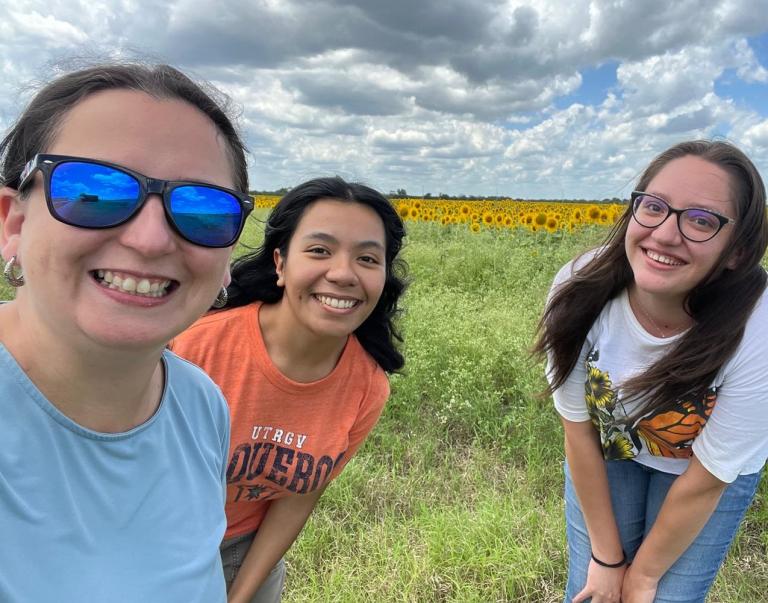I recently had the pleasure of visiting Wheat Street Gardens, a unique urban garden, located in the heart of downtown Atlanta, Ga., not far from the famous civil rights historical Ebenezer and Wheat Street churches. The garden was once a housing project that was demolished and many of the former residences’ families still come to the garden telling stories of where their parents used to live and reliving the memories as they purchase fresh fruits and vegetables grown in the garden. The old housing project land, owned by the Wheat Street Church, was donated for the garden.
Truly Living Well Center for Natural Urban Agriculture (TLW), which is a 501(C)(3) Non-Profit, runs the garden, which produces organic vegetables, fruits, and herbs, grown without the use of chemical fertilizers, pesticides, or herbicides. The garden is also a farmers market selling as a direct farmer to the community and welcomes customers who spend Supplemental Nutrition Assistance Program (SNAP) benefits.
As we walked through the garden I was given tasty bite-sized treats pulled right from the plants of collard greens, broccoli, arugula, hibiscus and smelled the fragrance of basil, lavender, and rosemary. I was also taken through the greenhouse where I got to see hibiscus being dried for tea. You can’t get any fresher food than directly from the garden and it’s great that local downtown Atlantans have this in their own back yard.
The garden also grows its own black flies in a tent which are used in composting. The TLW Executive Director, Rashid Nuri, told me that nothing is wasted in the garden. He also told me that other than the fruits, flowers, and fresh vegetables provided to the community, everything the garden produces stays in the garden, reused, and doesn’t go to the landfill. As an example, some old bricks that had been found in the garden were turned into a meditation labyrinth.
But not only does Wheat Street Gardens provide fresh organic food to the community but through TLW it also raises awareness about the value of local food systems and increases horticulture literacy through classes, internships, farmers markets, volunteer groups, and summer camps.
TLW Wheat Street Gardens is a great example of how urban gardens can be used in the heart of a city to provide fresh fruits and vegetables, and farming education to a community that might not otherwise have access.


